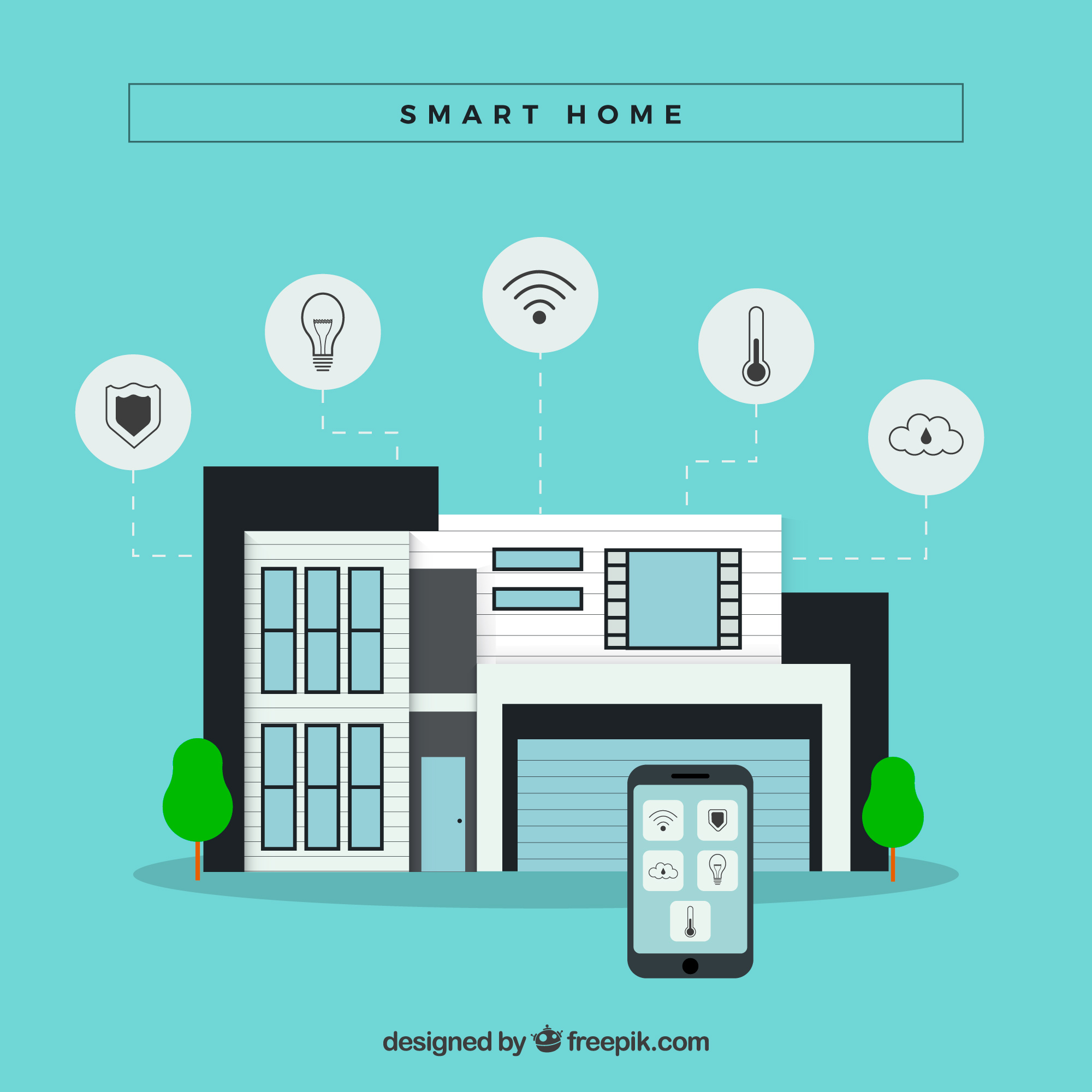Smart home ai the future of living
smart homes are a result of ai and its potential to bring convenience, efficiency, and connectivity to our homes. Smart homes will be smarter, more secure, and more energy efficient, and will be ai powered, transforming the way we live and interact with our homes. The article discusses the impact of ai in smart home, its current implementation, and the potential opportunities it could bring to the industry.
Improved efficiency and automation.
ai in smart homes is expected to make life easier and easier, resulting in a more efficient and comfortable home.
Intelligent assistants are intelligent assistants that can do things like talk, talk, and do things like that.
smart home’s core value is in ai-powered assistants, including amazon alexa and google assistant. Voice activated systems that use natural language processing and machine learning to understand and respond to commands.
Smart home devices, thermostats, dim lights, lock doors, order groceries, voice controlled home automation features, like smart home devices, allow homeowners to adjust thermostat, dim lights, lock doors, and more. Ai can learn about user behavior and customize its responses and suggestions to better meet individual preferences and needs.
Home automation system.
ai can automate a range of home management tasks, such as climate control, lighting, security, and more. Smart home systems use sensors and data analytics to automatically adjust settings to improve comfort and energy efficiency, based on data patterns and environmental conditions.
Nest and ecobee are platforms that use artificial intelligence to learn about household habits and preferences, and then adjust heating and cooling schedules accordingly. It not only saves energy and reduces utility bills, it also comforts you indoors all day long, keeping it cool and comfortable all day long.
Enhanced home security and safety measures.
ai is transforming home security and safety by providing advanced monitoring, detection, and response capabilities to safeguard homeowners.
Smart security solutions.
ai cameras, motion sensors, facial recognition are common in advanced security systems that detect unauthorized entry or suspicious activity. Alerting homeowners and emergency services in real time, these systems can offer peace of mind and proactive protection against potential threats.
Home security systems from companies like ring and arlo can be ai-powered, monitor their properties, get notifications, and interact with visitors through two way audio. Home security cameras can be made more accurate by using ai to distinguish familiar faces from potential threats in video footage.
Safety and fire prevention.
smart home devices with ai can also monitor fire and safety, detecting smoke, carbon monoxide, and other hazards to prevent emergencies and mitigate risks. Ai algorithms can detect unusual patterns or hazards, trigger alarms, alert emergency services and homeowners, and analyze sensor data.
Nest protect and other intelligent smoke alarms use artificial intelligence to detect potential dangers and alert homeowners to potential dangers. These devices provide more advanced safety features, such as voice alerts and mobile notifications, that enable quick response times and efficient emergency management.
Energy saving and sustainable practices
ai is a key factor in promoting energy efficiency and sustainability in smart homes by utilizing less resources and minimizing environmental impact.
Energy control systems.
energy management systems that use artificial intelligence (ai) can analyze energy consumption patterns and environmental conditions to optimize lighting, hvac, and appliances. These systems can reduce energy consumption and lower utility costs depending on factors such as occupancy, weather forecasts, and time of use pricing.
Sense and energyhub are ai-based platforms that provide homeowners with real time insights into energy consumption, identify areas for improvement, and provide actionable advice. Smart meters and iot devices make it easier for homeowners to manage their energy usage and reduce carbon emissions.
Optimizing the use of solar power.
ai-powered solar power optimization technologies can improve the efficiency and output of solar pv systems in smart homes. Ai algorithms analyze weather data, electricity consumption, and solar panel performance to optimize the generation, storage, and consumption of solar energy.
Solar pv systems are more reliable and efficient with ai, as seen by companies like sunrun and solaredge. These technologies help homeowners reduce their reliance on grid electricity, lower energy expenses, and support environmental conservation through clean and renewable energy sources.
The possibilities and challenges that lie ahead.
ai in smart homes can improve comfort, convenience, sustainability, but there are a few challenges to overcome to get it to widespread adoption and responsible deployment.
Integrity and interoperability.
smart home devices and systems use proprietary protocols and technologies and this is a big issue that needs to be addressed, as different manufacturers may not be compatible with each other. Smart home ecosystems need to be standardized and interoperable to create seamless and interoperable smart home ecosystems.
Data protection and safeguarding.
ai smart home devices collect and analyze personal data and are causing concerns about privacy and security. Homeowners need to know how to collect, use, and control their personal information. Encrypting and authentication are the best ways to protect sensitive data from cyber attacks and unauthorized access.
Education and assistance for users
ai smart home devices are best used by better training and education among homeowners. Home owners can use intuitive interfaces, clear instructions, and regular technical support to assist them in making informed decisions and resolving issues on their own.
The final verdict.
ai is resulting in intelligent living spaces that offer enhanced convenience, security, energy efficiency, and sustainability. Ai is changing our homes and our way of life, voice activated assistants, automated home management systems, advanced energy and security technologies, etc. Smart homes will be more integrable, interoperable, and user centric, but there are still obstacles to overcome. Smart homes are a big part of smart home future, ai will help homeowners create connected and personalized environments that cater to their specific preferences and lifestyles, leading to improved quality of life and a focus on sustainable living.

Leave a Reply